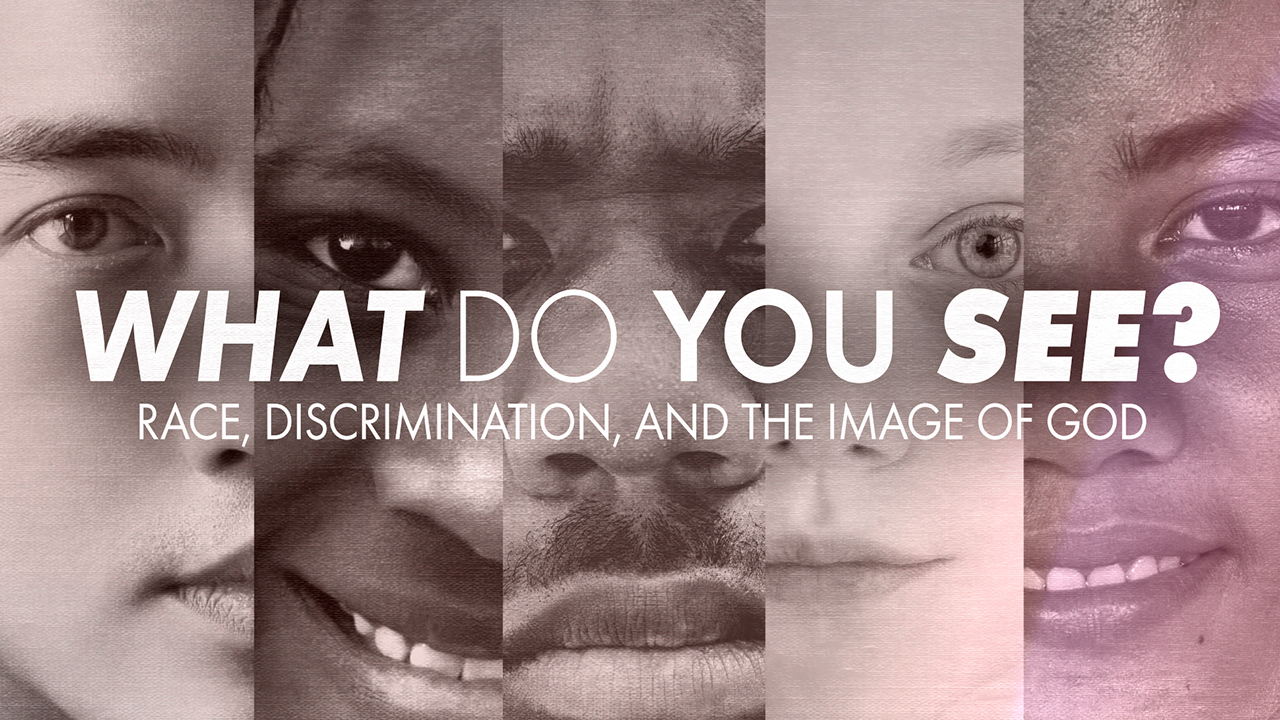-
Loving Your Rights Or Your Right To Love Series
Contributed by Tom Fuller on Nov 28, 2017 (message contributor)
Summary: What distractions keep you from being an effective witness for Jesus Christ? One of the chief distractions is focusing on the minor differences between us, instead of building each other up in love. Paul takes this topic head-on in Romans 14.
We’ve been talking about making ourselves available to become like God and be used by God in his Great Story. Have you ever had an important task to do—a paper to write, an assignment at work to complete, a check book that needs to be balanced? As you set yourself to that task, the phone rings, you get a text message or an email, or the beauty outside takes your attention away or someone happens by and wants to engage you in a conversation.
We call these distractions, and they make it harder to focus on our task at hand, or they make it harder to do the task well. Many people think they can multi-task, but studies have shown that there really is no such thing, the human brain can only serial task; some people just switch between tasks quickly, but always at a cost of performance of any one task.
When it comes to being part of God’s plan for our lives, to glorify Him and spread the gospel, distractions can come from different directions, and Paul deals with several of them in chapters 13 and 14.
In our relationship to our culture, when we are generally compliant with the criminal and civil laws of the land and respectful of those in government, we are free to shine the light of the gospel, but when we become distracted by our “rights” we put the focus on ourselves, rather than on the gospel and we become distracted from our primary purpose.
When it comes to how we act in the culture, when we let the deeds of the flesh become what people see—when we blend so much into the culture that there is not distinctive—then we distract people from looking at Jesus in us because all they see is the flesh in us.
In chapter 14, Paul talks about how we focusing on small differences between us and other believers distract us. Rather than focusing on how to sharpen ourselves to be available to share our witness of Jesus Christ and build each other up, we put others down who aren’t as “free” as we are.
All three of these distractions are from the enemy, whose aim is to make us ineffective to be used as a tool by the Lord by making us argue with each and make us look foolish to the culture around us. If Satan can get us to use all of our energy to fight each other, he can keep us from doing battle against him.
What are the principals we can learn? I’ve got 11 of them for you, broken down into two categories. First, let’s look at verse 1.
Don’t Force Your Opinions on Others (1 – 12)
1
Some versions say “accept” – but word means “to welcome”. But don’t do it so you can make them just like you by arguing their positions down. Remember – we are not talking about doctrines essential for salvation. These would be called intramural discussions—differences in lifestyle, not essential doctrine.
(1) Don’t expect everyone to be just like you (1)
What are micro-ethical issues of today?
• Denominational Distinctives or Styles of worship (contemporary, traditional, casual, formal, liturgy)
• Version of the Bible (King James only, for example)
• Dress
• Baptism/communion
• Engaging in certain activities (dancing, movies, cards, etc)
• Day of worship
• Political point of view
• View of creation (when, not whether God created)
• Church government
How do we tell whether we should make an issue of it?
Is it sin? – is the matter clearly defined by Scripture (like sexual immorality)
Does it compromise the essentials of the gospel? (more on that later)
(2) Don’t look down on someone just because they aren’t as far along as you think you are. (2-3)
Next to circumcision, special days and dietary rules were the most contentious issues for the Jews. In the early church, Jews had a hard time giving up kosher practices. But they found it nearly impossible to find meat that was kosher (blessed by a rabbi) so they often just became vegetarians. Others looked down on them. Jesus said:
Mark 7:18-19 "Then are you also without understanding? Do you not see that whatever goes into a person from outside cannot defile him, 19 since it enters not his heart but his stomach, and is expelled?" (Thus he declared all foods clean.)
But we’ve got to ask ourselves—is eating or not eating meat against the Scriptures? No. Is it essential to salvation? No. God welcomes the weak—we were all without full understanding when we came to Jesus. Do you chide a child for not knowing Euclidean calculus? So why berate a young or immature Christian for not doing all that you feel you have the freedom to do?

 Sermon Central
Sermon Central



